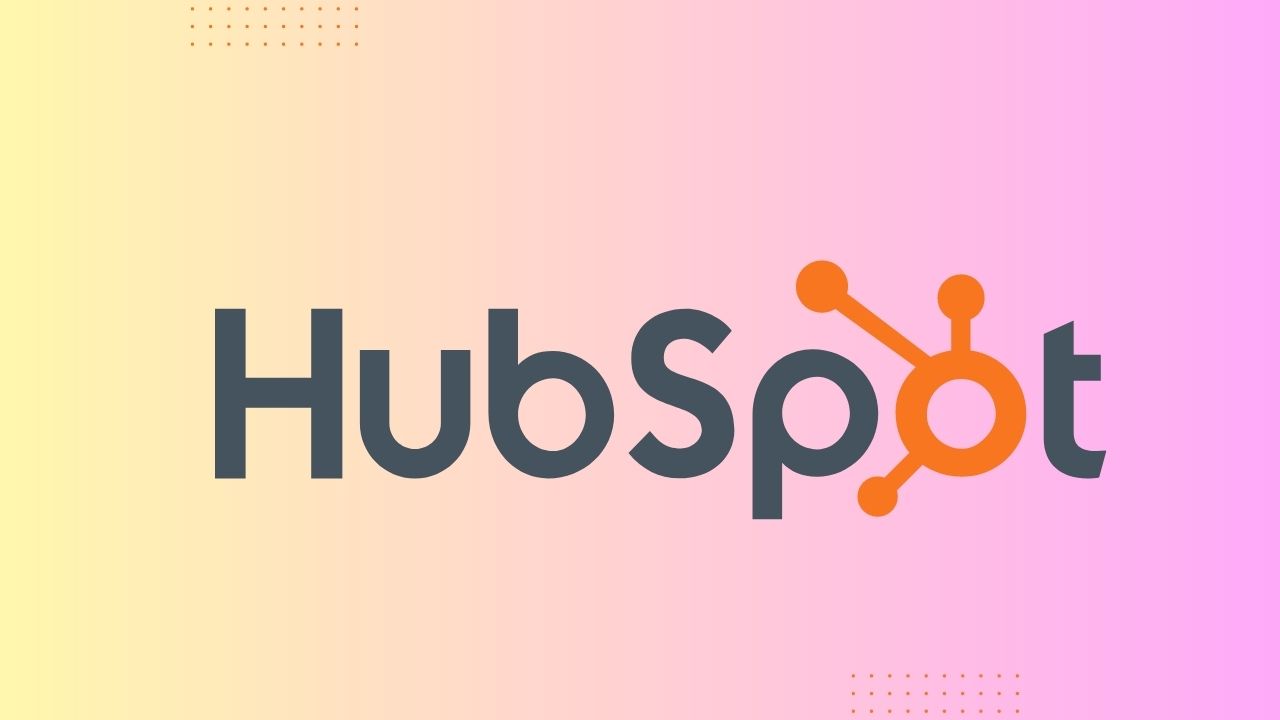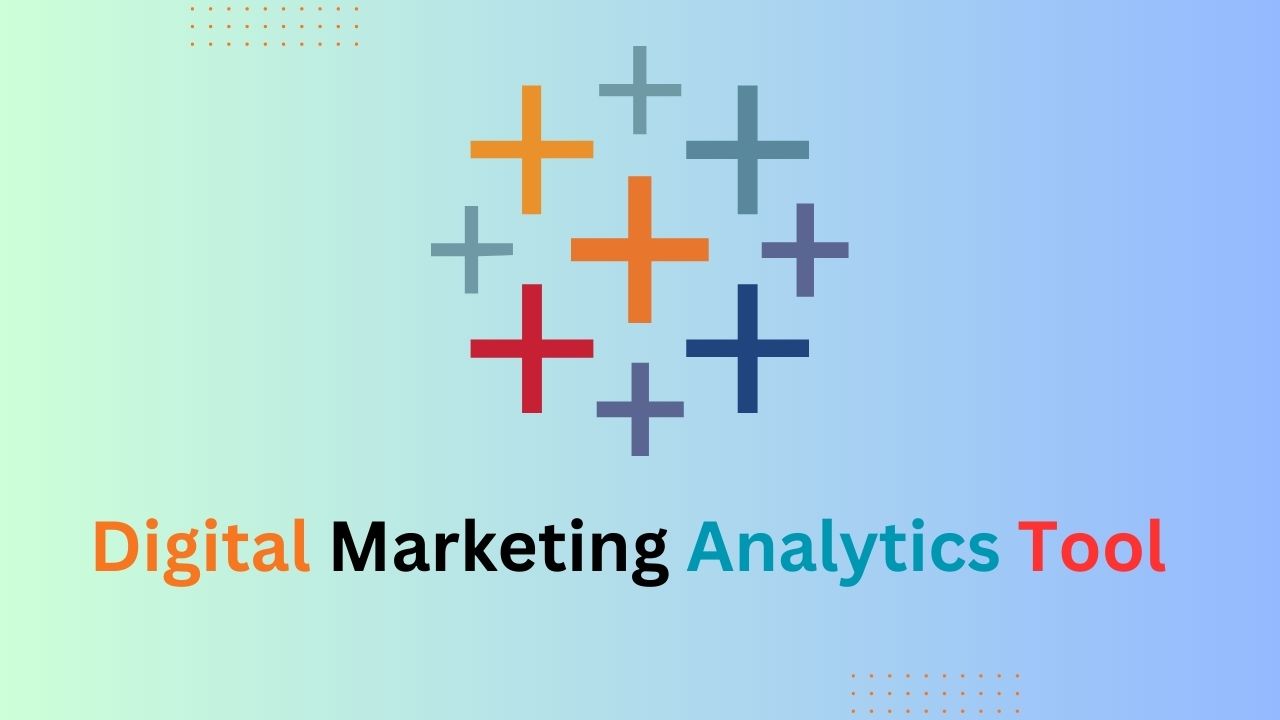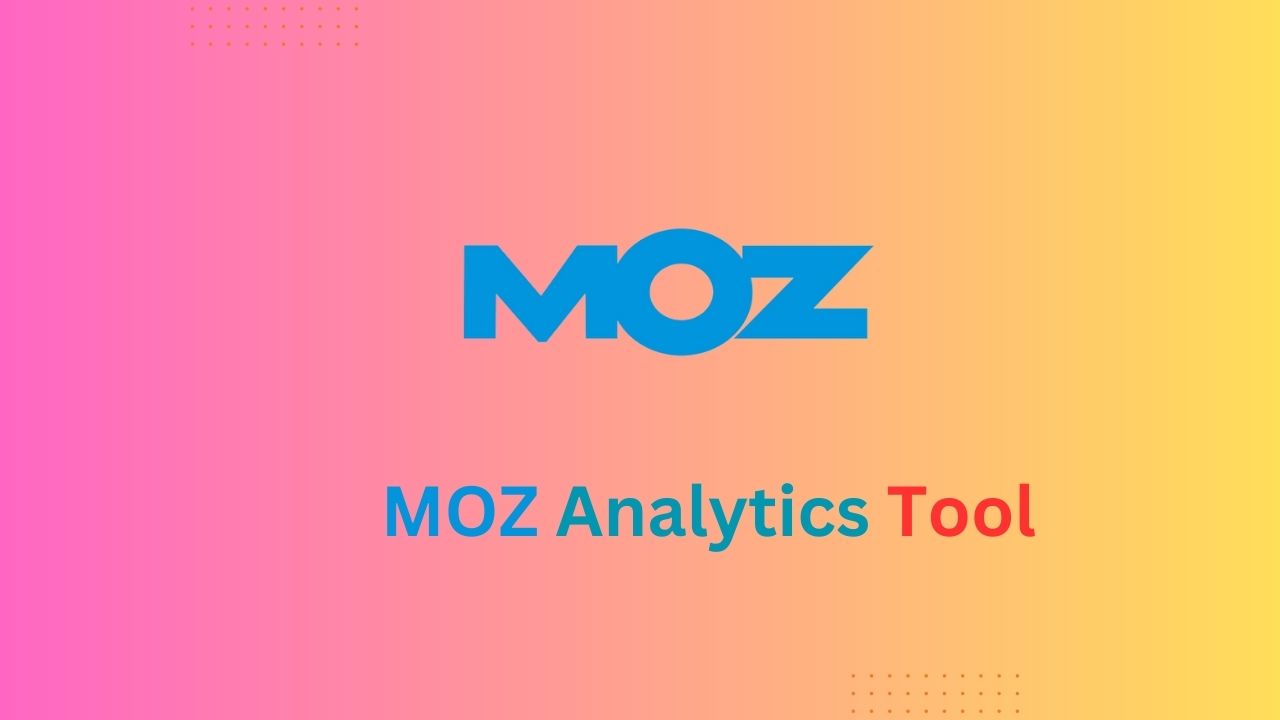10 Best Digital Marketing Analytics Tools
We have curated a range of digital marketing analytics tools that can assist you in monitoring data, comprehending user behavior, and constructing customer journeys for your business. Take a look at our thoughtfully chosen selection, whether you are a small business owner, a digital marketing agency, or an enterprise.
Digital marketing is the vital core of business and analytics have a crucial role in comprehending consumer behavior.
What Are Digital Marketing Analytics Tools?
Digital marketing analytics tools are specialized software or platforms designed to collect, analyze, and visualize data related to online marketing efforts. These tools are essential for businesses, marketers, and analysts to gauge the effectiveness of their digital marketing strategies, understand consumer behavior, and make informed decisions.
In today’s world, there is an abundance of marketing analytics tools and techniques that make it convenient to monitor your digital marketing endeavors. This comprehensive guide consists of both free and paid marketing analytics tools catering to the requirements of enterprises as well, as large corporations.
Here is a useful list of marketing analytics tools that can assist you in optimizing your strategies.
Top 10 Marketing Analytics Tools and Software for 2023

1. Google Analytics

Google Analytics is one of the free marketing analytics tools that you can’t afford to miss. It’s perfect for small businesses and professionals alike.
- Features: Track users, sessions, bounce rates, and more.
- Best For: Small to large businesses looking for free insights.
- Why It Stands Out: Offers essential analytics for free. Perfect to start any marketing analytics tools list.
2. HubSpot

HubSpot offers one of the best digital marketing analytics tools for small businesses. It’s packed with features that blend marketing, sales, and customer service.
- Features: CRM integration, email marketing, lead generation.
- Best For: Small businesses wanting an all-in-one solution.
- Why It Stands Out: HubSpot’s seamless integration with other tools makes it a top pick among the best digital marketing analytics tools for small businesses.
3. Tableau

For marketing analytics tools and techniques, Tableau stands tall. It helps you visualize complex data to make insightful decisions.
- Features: Drag-and-drop interface, interactive dashboards.
- Best For: Businesses that need visual reporting.
- Why It Stands Out: Tableau’s interactive visuals can turn any data into actionable insights.
4. Kissmetrics
Small business owners love Kissmetrics. It offers a detailed look at how users interact with your site, making it a top choice among the best digital marketing analytics tools for small businesses.
- Features: Customer engagement, funnel tracking, segmentation.
- Best For: Customer-focused analytics.
- Why It Stands Out: Focused user insights put it high on the marketing analytics tools list.
5. Adobe Analytics
With Adobe Analytics, you can create customized reports and explore marketing analytics tools and techniques like never before.
- Features: Real-time analytics, audience segmentation, AI insights.
- Best For: Mid to large businesses needing tailored insights.
- Why It Stands Out: Its customization features offer a unique perspective on marketing analytics tools and techniques.
6. SEMRush
SEMRush is a gem for SEO enthusiasts. It’s one of the free marketing analytics tools with robust functionality.
- Features: Keyword tracking, competitor analysis, site audit.
- Best For: Those focusing on SEO.
- Why It Stands Out: Comprehensive SEO tools, plus some free marketing analytics tools for starters.
7. Moz

Moz takes SEO to the next level. It’s more than just an SEO tool; it’s a complete package that every marketer needs.
- Features: Keyword research, site crawling, page optimization.
- Best For: Comprehensive SEO management.
- Why It Stands Out: A holistic approach to SEO makes Moz a top-notch choice.
8. Mixpanel
For a unique angle, Mixpanel lets you study individual user behaviors, setting it apart on the marketing analytics tools list.
- Features: Event tracking, user segmentation, real-time data.
- Best For: Tracking individual user journeys.
- Why It Stands Out: If individual user tracking is your game, Mixpanel’s on top of the marketing analytics tools list.
9. Crazy Egg
Crazy Egg lets you view what users are doing on your site. It’s an excellent tool for understanding user experience.
- Features: Heatmaps, scroll maps, A/B testing.
- Best For: UX analysis and optimization.
- Why It Stands Out: Crazy Egg’s focus on user experience makes it a vital tool.
10. Salesforce
Salesforce is the boss of customer relationship management. You won’t regret having it in your arsenal of the best digital marketing analytics tools for small businesses.
- Features: Sales forecasting, lead management, email integration.
- Best For: Comprehensive customer relationship management.
- Why It Stands Out: Salesforce leads the pack as one of the best digital marketing analytics tools for small businesses and beyond.
Conclusion
Whether it’s understanding user behavior, optimizing SEO, or managing customer relationships, the right marketing analytics tool can transform your business. From free marketing analytics tools to specialized ones, you can find something that aligns with your needs and budget. Explore, experiment, and empower your business with these incredible tools, as they’re the building blocks of modern digital success.
FAQs
What is digital marketing analytics tool?
A digital marketing analytics tool is software that uses technology to gather data from various online marketing channels and transform them into actionable insights.
What is analytics tools in marketing?
Analytics tools in marketing refer to software or platforms that collect, analyze, and interpret data related to marketing activities. These tools provide insights into various aspects of marketing performance, enabling businesses to make informed decisions, optimize strategies, and improve return on investment (ROI).
What tools are used in digital brand analytics?
Digital brand analytics involves understanding how a brand is perceived online, tracking its presence across various digital channels, and assessing the effectiveness of branding strategies. Several tools are available to help businesses with these efforts, these include Brandwatch, Hootsuite, Sprout Social, SEMRush, BuzzSumo, SurveyMonkey, SpyFu, and more.
What are the 4 types of digital analytics?
Typically, digital analytics can be categorized into four main types, providing insights into various facets of online behavior and marketing performance. Here are the four types:
- Descriptive Analytics: This type focuses on what has happened in the past. By analyzing historical data, descriptive analytics provides an understanding of previous behaviors and outcomes. Tools like Google Analytics can provide reports that summarize web traffic, engagement, and more.
- Diagnostic Analytics: Diagnostic analytics digs deeper into the data to understand why something happened. It often involves more detailed examination and data mining to find patterns and anomalies, helping businesses identify the root causes of specific issues or successes.
- Predictive Analytics: This type aims to forecast future trends and behaviors. By using statistical models and machine learning techniques, predictive analytics can provide forecasts on potential customer behaviors, market changes, or emerging trends. Tools like IBM SPSS can be used for predictive modeling.
- Prescriptive Analytics: Prescriptive analytics goes a step further by not only predicting future outcomes but also recommending actions to achieve specific goals. It often involves complex algorithms and simulations to suggest the best courses of action. Tools like RapidMiner can offer prescriptive insights.
These four types of digital analytics enable businesses to look at their data from different angles, offering insights into what has happened, why it happened, what could happen in the future, and what actions should be taken. Combined, they create a powerful framework for data-driven decision-making in digital marketing and other online activities.
